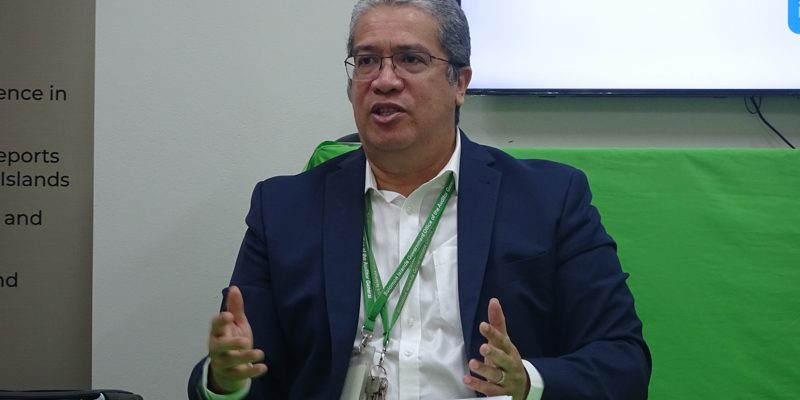THE Office of the Auditor General (AOG) has raised concerns over the audit of the controversial Solomon Islands Government SBD309 Million Economic Stimulus Package (ESP) Report that was released on Wednesday.
OAG undertook an audit of the ESP appropriate expenditure in 2020 and 2021 to assess whether it compiled with the financial rules and regulations and the expenditure was made in accordance with the ESP approved by Cabinet and published on 6 May 2020.
THE OAG’s main concerns are:
- There was no underlying legislative or procedural guidance for issuing grants on the scale involved with the ESP;
- The resources needed to adequately receive, process, pay and document the thousands of applications were underestimated resulting in weak internal controls;
- The Imprest Account was used to pay grants totaling over $33 million to farmers and other small agriculture enterprises. Many of these payments were signed for by government officials on behalf of beneficiaries without documented authorization, including payments totaling over $6 million being signed for by one officer. This practice violates fundamental internal control requirements and creates a risk of fraud;
- During our fieldwork we identified instances of a government official’s involvement in the applications and approval process giving rise to potential conflict of interest issues?
- The lack of guidance to Constituency Development Offices responsible for the distribution of millions of dollars of funds created the opportunity for waste through effective or absent procurement. It also meant funds could be diverted from projects to stimulate the economy to private individuals;
- Documentation and reporting across the ESP were inadequate, significantly reducing transparency and accountability and in many cases documentation to support the validity of actions and transactions was not available;
- Giving grants to large produce businesses to buy inventory without requiring them to repay those funds when they sold that inventory provides a windfall profit to those businesses and is not an appropriate use of public funds; and
- There was a lack of transparency about who received funding and what it was received for.
The ESP had five major types of funded assistance:
1. Direct payments to support State owned enterprises and to the Development Bank of the Solomon Islands; ($80m);
2. Direct support for government activities, specifically education and provincial government health facilities; ($15m);
3. Grant payments to small business in the agriculture, forestry, fisheries, and tourism sectors as well as to other businesses in the form of rent support ($119m);
4. Completion of significant infrastructure projects ($90m); and
5. Engagement of women, youths, and students to monitor State of Emergency Regulations; ($5m).
THE SIG developed the ESP to boost the economy to compensate for the expected economic downturn resulting from COVID-19 and the State of Public Emergency introduced to curtail the spread of COVID-19.
Applications for support were accepted starting 26 May 2020.
The aim of the ESP was to enable businesses and households to continue to produce, trade, employ people, spend and boost aggregate demand in the economy.
The ESP outlined a range of cost neutral activities but also detailed in the ESP booklet a budget of $309 million for direct and indirect assistance.
An initial appropriation of $306 million was made in the Supplementary Appropriation Bill in 2020, of which $205 million had been spent by the end of 2020 while remaining $101 million lapsed.
An additional $10m was budgeted in 2021 and a further $93.5m was appropriated in the 2021 Supplementary Appropriation Bill giving a final total appropriation of $308.5 million.
During the COVID-19 pandemic, the International Monetary Fund (IMF) provided budget support for the SIG’s balance of payment.
In SIG’s Letter of Intent to the IMF, the SIG committed to an audit of COVID-19 spending.
OAG’s audit took place in two stages:
- Reviewing the process for receiving, assessing, and making payments under the ESP; and
- Verifying through our fieldwork whether grant received the approved ESP payments or supplies, used them as proposed in their application, and for the purposes of the ESP.
The ESP has received a lot of criticisms from the public as to the distribution of the funds to all the beneficiaries.
The Ministry of Finance and Treasury confirmed that it will table the 10 evaluation reports of the ESP in Parliament.
By EDDIE OSIFELO
Solomon Star, Honiara









